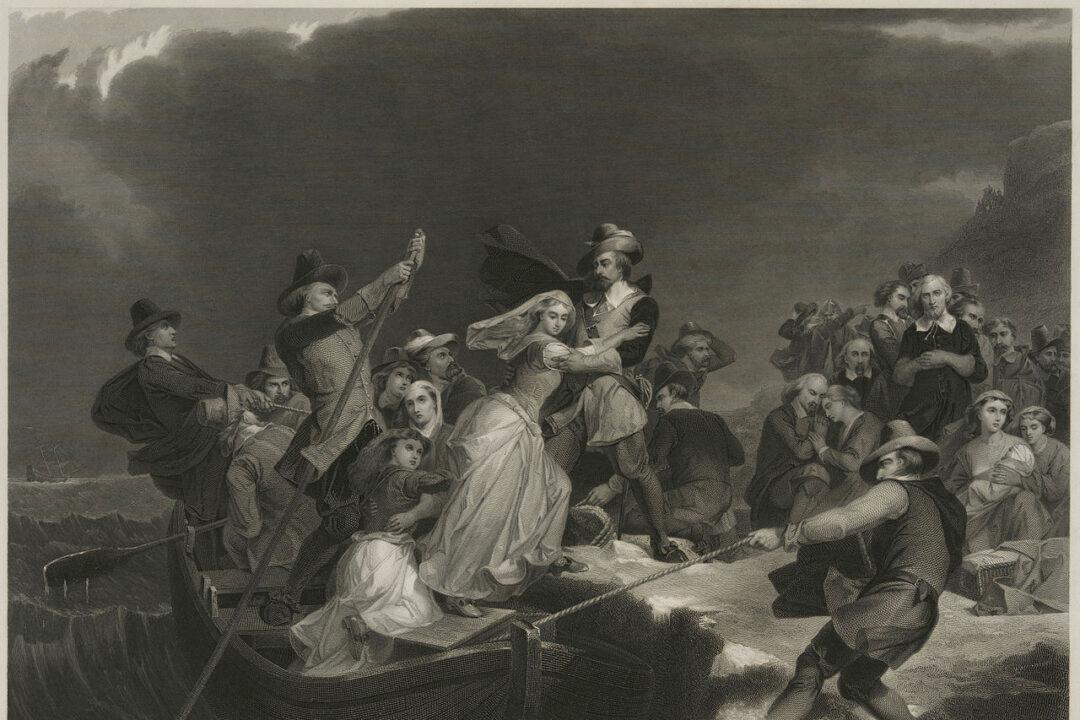Vacations are a great opportunity for families to grow closer. In the case of travel by car, it’s a chance for brothers and sisters to be packed three to a back seat, setting off skirmishes over borders patrolled as watchfully as the 38th parallel that divides North and South Korea. One careless moment of slouching inattention and a warning shot in the form of “Get off my side!” can be expected as a cease and desist order that, if ignored, will escalate into open warfare.
With Mom and Dad up front, a V-8 engine under the hood, and the trunk full of luggage, you might think the prototypical family car of the pre-psychedelic ‘60s would be stuffed to capacity, and there’d be no room for the family dog.






